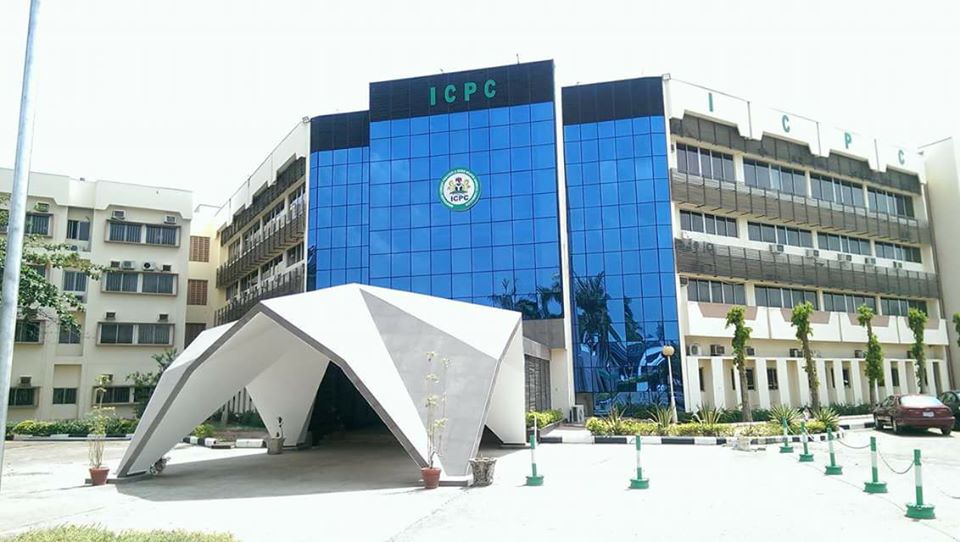A 2- day conference with the theme “Anti –Corruption Research and Policy Making in Nigeria: 40 Years after the Theory of Two Publics” has been held by the Independent Corrupt Practices and Other Related Offences Commission (ICPC) and United Nations Office on Drugs and Crime (UNODC).
The Chairman of ICPC, Mr. Ekpo Nta, in his address at the event explained that the idea behind the conference was the need to bring researchers in the academia as stakeholders in the fight against corruption and to establish a theoretical frame- work for the Commission’s work.
Mr. Nta emphasized that there was need for ICPC to keep pace with the requirements of the Act establishing it and also, the provisions of the United Nations Convention against Corruption (UNCAC) as well as the domestication of International Innovations in the anti-corruption campaign.
According to him, the place of research in the anti-corruption campaign has not been fully explored hence the need to involve and partner with the academia.
The UNODC Country Officer in charge of support to Anti-corruption in Nigeria, Mr. Jesse Wackanga, said, as part of his organization’s work plan for 2015, it was decided that researchers should be brought together to be part of policy-making in the field of anti-corruption, and also explore the gains and challenges of the past forty years.
Wackanga further explained that, even though a lot of research had been done in the fight against corruption, there was still need for more, hence the partnership with ICPC to take stock of past researches and on-going ones in order to come up with a practical frame-work to ensure that theories match up with the practice and policies that need to be implemented.
In a paper titled “Semantics of Corruption”, Professor E.U Igbo from the University of Nigeria Nsukka, explained that beyond semantics on issues regarding anti-corruption fight, it had become imperative to make a clarion call for all and sundry to assist anti-graft agencies achieve their mandates and also help them build strong institutions while strengthening the existing laws.
Dr. Gulleng Daskyes Yohanna of University of Jos, in his paper “Harmonizing Internal and External Research Products among Anti-Corruption Agencies” advised that anti-graft agencies should harmonize and implement researches carried out on corruption since that would assist in the discovery of facts and proffer solutions to problems.
In her paper titled: “How Researchers have not affected Policy -Making in the Fight against Corruption,” Hauwa Garba of the Economic and Financial Crimes Commission (EFCC) explained that, it was discovered that the laws establishing anti-graft agencies were weak while governments lack political will. She then advocated for mass mobilization and education of the public on and against corruption
Other papers presented at the forum included” Corruption Prevention and Enforcement Strategies of Major Anti-Corruption Agencies and Institutions in Nigeria: An Assessment” by Prof I.B Bello Imam”; “Review of Scholarship on Corruption and Anti-corruption in Nigeria” by David.U Enweremadu” and “Corruption Perception Studies and Anti-Corruption in Nigeria” by Remi Aiyede, University of Ibadan, among others.
The speakers were of the opinion that in as much as corruption perception index will help stakeholders to address the issues, there was the need for Nigeria to pay more attention to performance in its anti-corruption drive, as this would help in the country’s corruption perception as presented by Transparency International.
The speakers also agreed that special courts should be established to deal with corruption cases, the Legislature should strengthen existing laws and that courts should deliver judgments in good time.
They further recommended that Nigeria should have a whistle-blowing mechanism in place and proper funding of anti-corruption agencies for them to deliver on their mandates.

